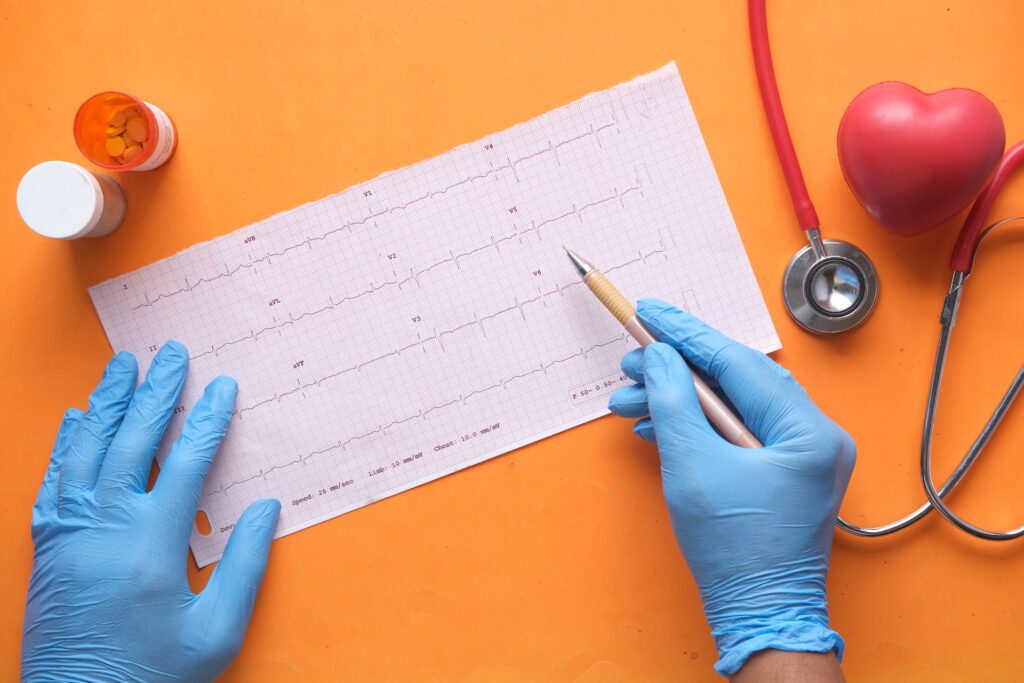Homocysteine is a sulfur-containing amino acid produced by the body. It is a major risk factor for heart disease and stroke.
It reduces the flexibility of blood vessels and increases clotting by making platelets stickier and slowing blood flow.
High Homocysteine Levels Increase Your Risk for Coronary Artery Disease
This process is regulated by certain vitamins, including vitamin B6, vitamin B12, and folate. Homocysteine is an amino acid produced by the body through a process known as methylation.
In a study published in 2012, researchers looked at 70 patients with coronary artery disease (CAD). After adjusting for various risk factors, a higher total homocysteine level was associated with an increased risk of mortality.

High Homocysteine Levels Increase Your Risk for Stroke
A blood test can check your levels of the amino acid homocysteine. High levels are linked to many health problems, including heart disease, stroke, and Alzheimer’s disease.
Homocysteine is normally changed into other forms of amino acids by Vitamins B6 and B12. Without these vitamins, homocysteine can build up in your body.
If your blood levels of homocysteine are too high, you may need to take a B-vitamin supplement or make changes in what you eat.
It is believed that higher levels of homocysteine lead to a thickening and hardening of the artery walls
which can increase your risk for cardiovascular disease and stroke.
High Homocysteine Levels Increase Your Risk for Heart Failure
Homocysteine is a chemical that your body needs to make proteins. These vitamins convert homocysteine to methionine and cysteine.
Your doctor may order a blood test to measure your homocysteine level. If your doctor suspects you have high homocysteine levels, they will probably try to lower them using supplements or dietary changes.
Some studies suggest that increased levels of plasma homocysteine predict poor heart function. These studies looked at patients undergoing coronary artery angiography and found that patients.

High Homocysteine Levels Increase Your Risk for Bone Fracture
High levels of homocysteine interfere with a number of conversion processes that are necessary for your body to keep your bones strong. These include SAMe, healthy methylation, and glutathione. Folate, vitamin B12, and vitamin B6 are all important for lowering your homocysteine level.
Researchers have discovered that people with high homocysteine levels are almost four times. The findings come from studies of men and women aged 55 or older with osteoporosis.
The authors explain that high levels of homocysteine can cause a decline in B6 and lead to hip fracture. This effect appears to be independent of age, sex, and bone mineral density.










































Discussion about this post